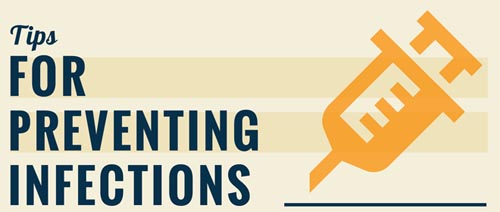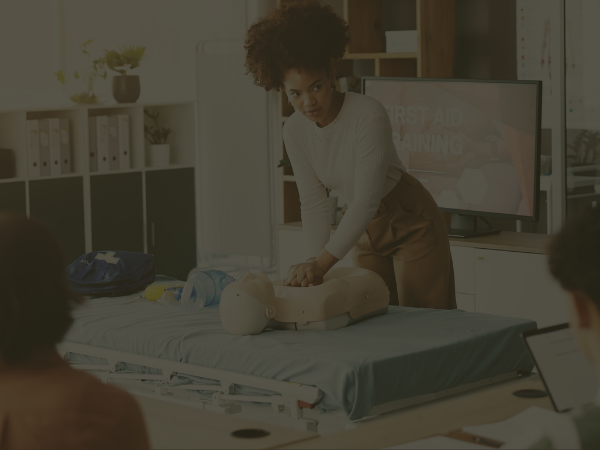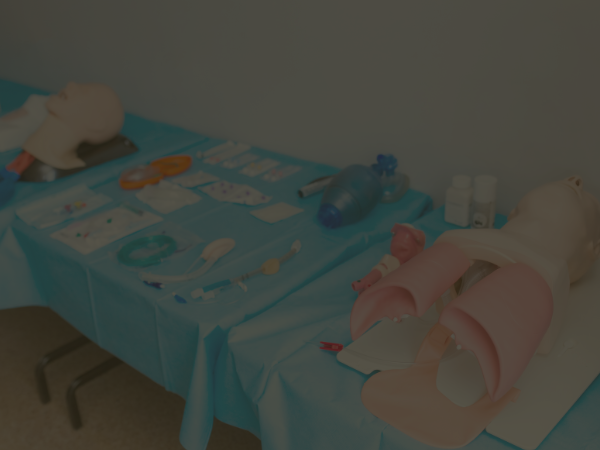NOSOCOMEPHOBIA: The name of the phobia relating to the fear of hospitals.
While you probably don’t have a full-blown phobia of hospitals and healthcare facilities, they still might scream haven of infection to you, and that thought itself definitely gives us the creeps. Have no fear, however, we are here to calm your nerves.
Have an operation coming up? Need to visit the hospital? Have a general fear of the doctor’s office? Well, sit back and relax. We are here to give you some guidelines on preventing the spread of infection within hospitals which might be actually be as scary as you think.
 If you follow these guidelines and take the appropriate precautions, you can let go of your fear and be knowledgeable enough to spread the information to a friend or family member too.
If you follow these guidelines and take the appropriate precautions, you can let go of your fear and be knowledgeable enough to spread the information to a friend or family member too.
First and foremost, you mostly likely will not die if you just so happen to get an infection during your stay at a hospital. In fact, according to the CDC, on any given day, only about 1 in 25 hospital patients will have a health-care associated infection so you most likely will not even have to worry about a hospital-acquired infection at all!
Now that you understand the risk, let’s get to it! Here are our top 10 tips for avoiding a healthcare associated infection (HAI) during your time in a hospital or other healthcare facility.
10 Tips on Preventing Infection in the Hospital
1. Wash your hands often. This obvious tip might feel over-stated for a good reason. Washing your hands properly, especially after using the toilet, is absolutely essential for preventing HAI. Also, do not be afraid to remind your nurse or doctor!
2. Quit smoking and control your weight. Both smoking and being overweight can increase your risk of catching an infection in the hospital, especially after surgery.
3. Monitor any catheters or drainage tubes carefully. It’s crucial to look after these and notify your doctor or nurse immediately if one becomes dislodged or loose.
4. Frequently check your dressings. If you have dressings on any wounds, be sure to make sure they are kept clean, dry and intact to prevent infection. If they become soiled or fall off, notify your nurse or doctor as soon as possible. Don’t remove a dressing yourself, unless your healthcare provider tells you to.
5. If you are diabetic, talk with your doctor first. With diabetes comes an increased risk of infection due to unregulated blood sugar levels. Your doctor can talk with you about ways you can take caution to prevent infection.
6. Follow any specific breathing instructions with care. Coughing and deep breathing after surgery promotes full lung expansion. Without these exercises fluid can accumulate in the lungs and patients can get pneumonia.
7. If you need to get up or move around, talk to your nurse or doctor about it first.
8. Be sure your visitors are healthy. If you have family and friends that want to come visit you, be sure they are healthy and don’t feel ill that day. If a visitor has any symptoms of a cold or flu, ask them to wear a hospital mask during their visit.
9. Take all your medications as directed. Be sure to take your entire course of medication as directed to cure any infection you may have and prevent further infection. Stopping antibiotics when you feel better can put you at risk, and promotes the spread of antibiotic resistant super-bugs.
10. Always ask your doctor or nurse any questions you may have. Do not be afraid or intimidated, as they want you to fully understand your treatment and instructions before going home.
Hospitals, doctors, nurses and patients are working to prevent hospital associated infections. For more information on infections in hospitals, we’ve made a nifty infographic below. Check it out!








Leave a Reply